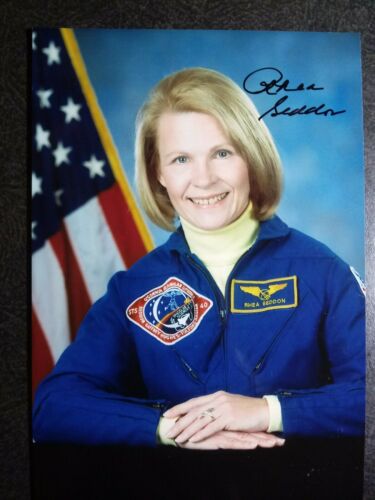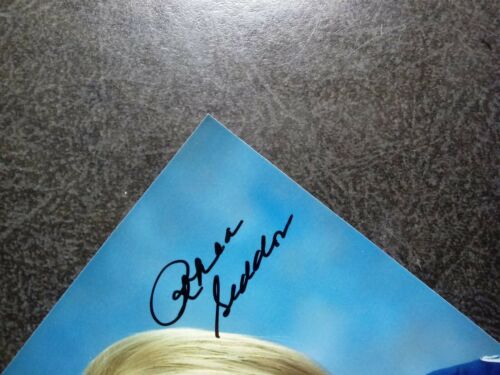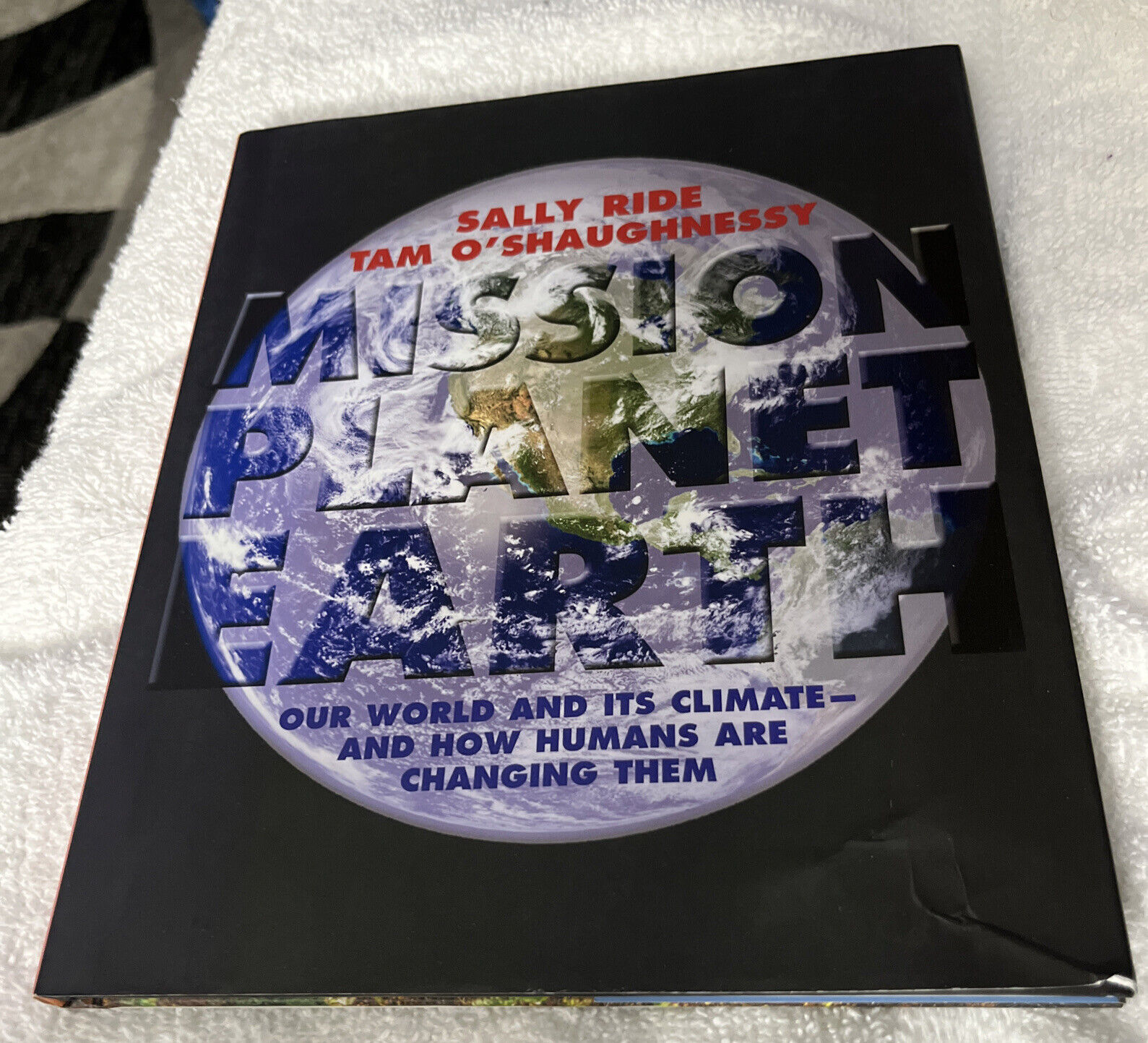-40%
RHEA SEDDON Authentic Hand Signed Autograph 4X6 Photo - FEMALE NASA ASTRONAUT
$ 1.18
- Description
- Size Guide
Description
RHEA SEDDON Hand Signed 4X6 Photo . is Hand Signed by RHEA SEDDON . %100 Authentic Autograph ! The Autograph is BOLD & Looks AMAZING ! The photo is in Great condition & is a High Quality photo . Will be shipped SUPER FAST to you & will be Well packaged . I will ship to you . The SAME DAY you pay :) YES... I even ship on Saturday . Payment MUST be made in 3 days or less after this listing ends ! Combined s&h is Extra each additional listing . In the 3 day Period . Check out my other Low priced autographs & my Fantastic Feedback :) Ad my store to your follow list . I do list NEW Low priced Autographs EVERY DAY ! Upon Request . I do offer my Lifetime Guarantee COA . Just message me at Checkout . Thank you :) AmandaMargaret Rhea Seddon (born November 8, 1947) is a physician and retired NASA astronaut. After being selected as part of the first group of astronauts to include women, she flew on three Space Shuttle flights: as mission specialist for STS-51-D and STS-40, and as payload commander for STS-58. Both before and after her career in the astronaut program, she has been active in the medical community in Tennessee, Mississippi and Texas.NASA experience Selected as an astronaut candidate by NASA in January 1978, Seddon became an astronaut in August 1979. Her work at NASA was in a variety of areas, including Orbiter and payload software, Shuttle Avionics Integration Laboratory, Flight Data File, Shuttle medical kit and checklist, launch and landing rescue helicopter physician, support crew member for STS-6, crew equipment, membership on NASA's Aerospace Medical Advisory Committee, Technical Assistant to the Director of Flight Crew Operations, and Capsule Communicator (CAPCOM) in the Mission Control Center. She was Assistant to the Director of Flight Crew Operations for Shuttle/Mir Payloads. A three-flight veteran with over 722 hours in space, Seddon was a mission specialist on STS-51D (1985) and STS-40 (1991), and was the payload commander on STS-58 (1993). In September 1996, she was detailed by NASA to Vanderbilt University Medical School in Nashville, Tennessee. She assisted in the preparation of cardiovascular experiments that flew aboard Space Shuttle Columbia on the Neurolab Spacelab flight in April 1998. Seddon retired from NASA in November 1997. She is now the assistant Chief Medical Officer of the Vanderbilt Medical Group in Nashville, Tennessee.Space flights Portrait from 1978 STS-51-D ( Discovery), April 12–19, 1985, was launched from and returned to land at the Kennedy Space Center, Florida. The crew deployed ANIK-C for Telesat of Canada, and Syncom IV-3 for the U.S. Navy. A malfunction in the Syncom spacecraft resulted in the first unscheduled spacewalk, rendezvous and proximity operations for the Space Shuttle in an attempt to activate the satellite using the Remote Manipulator System. Seddon logged 168 hours in 109 Earth orbits and used her surgical skills to operate a bone saw to help build homemade repair tools for the satellite. STS-40 ( Columbia) Spacelab Life Sciences (SLS-1), June 5–14, 1991, a dedicated space and life sciences mission was launched from the Kennedy Space Center and returned to land at Edwards Air Force Base. During the nine-day mission the crew performed experiments which explored how humans, animals and cells respond to microgravity and re-adapt to Earth's gravity on return. Other payloads included experiments designed to investigate materials science, plant biology and cosmic radiation, and tests of hardware proposed for the Space Station Freedom Health Maintenance Facility. Mission completed in 146 orbits of the Earth, and logged her an additional 218 hours in space. STS-58 ( Columbia), Spacelab Life Sciences-2 (SLS-2), flew October 18 to November 1, 1993. Seddon was the Payload Commander on this life science research mission which received NASA management recognition as the most successful and efficient Spacelab flown to date. During the fourteen-day flight the seven-person crew performed neurovestibular, cardiovascular, cardiopulmonary, metabolic, and musculoskeletal medical experiments on themselves and 48 rats, expanding our knowledge of human and animal physiology both on earth and in space flight. In addition, the crew performed ten engineering tests aboard the Orbiter Columbia and nine Extended Duration Orbiter Medical Project experiments. The mission was accomplished in 225 orbits of the Earth in over 336 hours.










